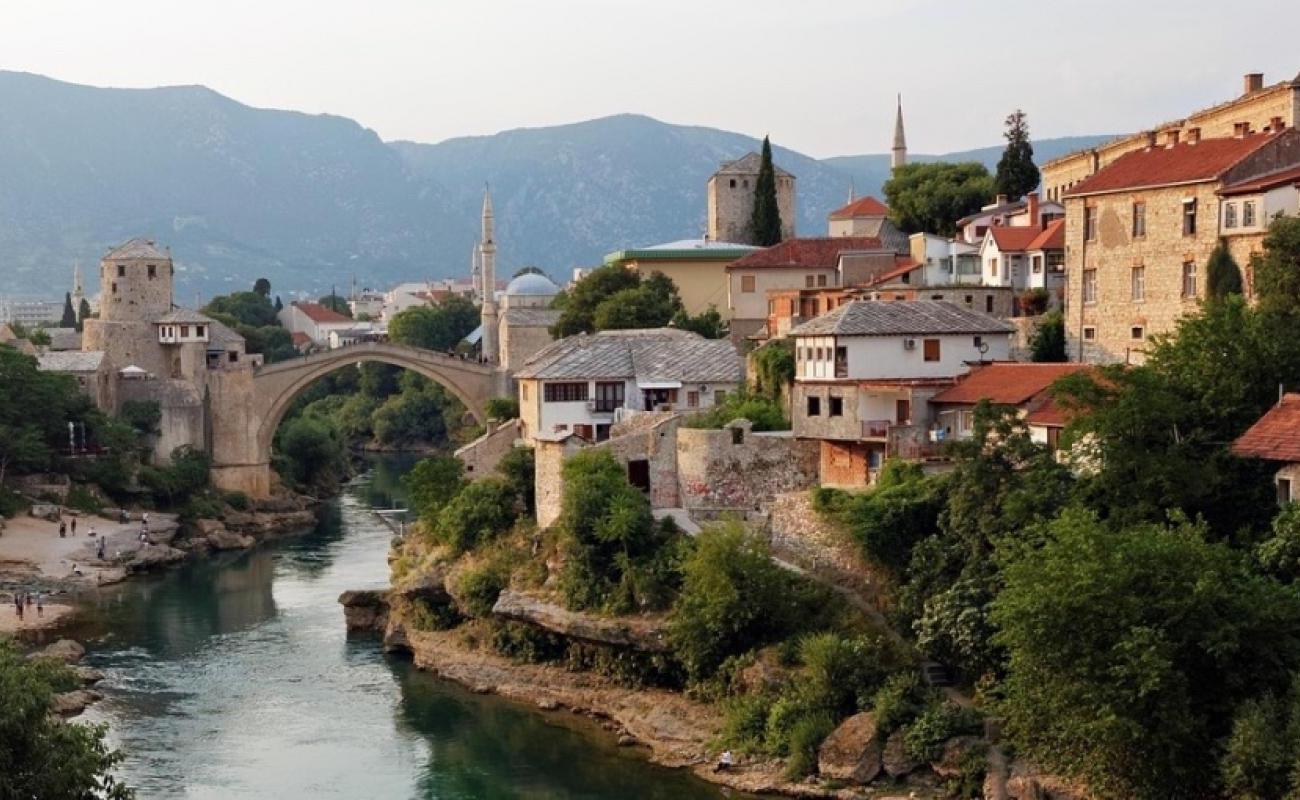Western Balkans gradually gaining on EU economies, but Ukraine falls further behind

Countries in the Western Balkans and Eastern Partnership regions are gradually closing the economic gap with the European Union, a report by the Brussels-based think-tank Bruegel has found, but they still face major challenges in demographics, labour markets and institutional reform.
The analysis covers nine current and potential EU candidates: the six from Western Balkan countries, plus three from the EU’s Eastern Partnership, Georgia, Moldova and Ukraine. Despite their diverse backgrounds, the countries share the common ambition of securing EU membership.
According to Bruegel, most of the candidate countries have made progress in catching up economically with the EU since 2003, when the Thessaloniki Summit first extended a promise of EU membership to the Western Balkans. However, the pace of convergence has varied widely, and even the top performers remain significantly below the EU average in income per capita.
“In GDP per capita terms, since 2003, all candidate countries except Ukraine have converged somewhat towards the EU average, but starting from a low level,” the report said.
Montenegro and Serbia are now at about 50% of the EU average, followed by Georgia and North Macedonia, while Moldova, Kosovo and Ukraine remain below one-third.
Montenegro leads, Ukraine lags
Montenegro and Serbia lead the pack in terms of GDP per capita, while Georgia has recorded the fastest pace of convergence, rising 29 percentage points (pp) relative to the EU average over the 21-year period. Ukraine, by contrast, has stagnated due to repeated shocks, including the 2009 global financial crisis, political instability and Russia’s military aggression in both 2014 and 2022.
“Ukraine is a special case,” Bruegel said. “Between 2003 and 2008, it was among the three countries with highest GDP per capita in our sample. However, it has experienced three de-convergence periods in 2009 (consequences of a global financial crisis), 2013-2015 (effects of domestic political instability and the first stage of Russian aggression) and 2022 (the full-scale Russian aggression).”
The report argues that the relatively stronger performance of the Western Balkan countries compared to their Eastern counterparts is partly a result of earlier EU engagement, which brought greater foreign investment, trade and institutional reforms.
“The rapid GDP per capita convergence of the three newest EU countries suggests EU integration plays a positive role in growth acceleration. Between 2003 and 2024, the gaps between them – especially Bulgaria and Romania – and Western Balkan countries increased.”
Bulgaria and Romania, which joined the EU in 2007, recorded GDP per capita increases of 26 pp and 30 pp respectively between 2003 and 2024, significantly outpacing the candidate countries.
Demographic decline undermines progress
Yet even as incomes inch upward, demographic trends are moving in the opposite direction. All candidate countries except Montenegro have seen population declines over the past two decades, some of them dramatic.
Bosnia & Herzegovina’s population shrank by 24
